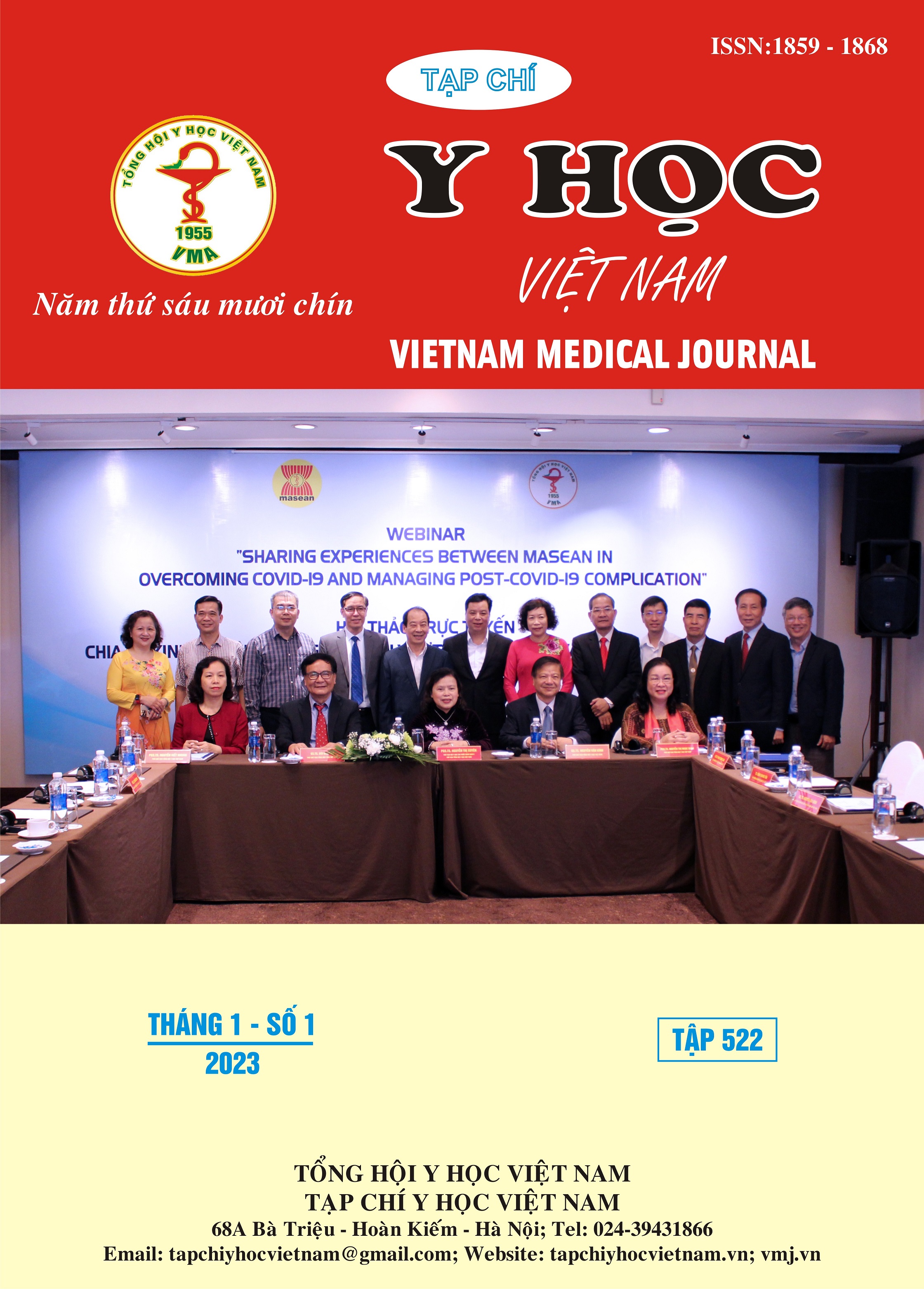COST-EFFECTIVENESS ANALYSIS OF HORMONE THERAPIES FOR BREAST CANCER: A SYSTEMATIC REVIEW
Main Article Content
Abstract
Background: Hormone therapy is a novel method of treating breast cancer by slowing or stopping the growth of hormone-sensitive tumors by blocking the body's ability to produce hormones or blocking hormone effects. Objective: This study aimed to systematically review studies that evaluate the cost-effectiveness of hormone therapy, in order to provide evidence-based information to policymakers in choosing breast cancer treatments. Method: Pubmed, SpringerLink, HINARI, and ProQuest databases were searched comprehensively for this systematic review. This study collected and summarized CEA findings and economic evaluation components published during the period of 2015-2022. Results: Of the 21 selected studies, 11 (52.5%) examined hormone therapy combined with other drugs, while 10 appraised hormone therapy alone. In 52.5% of the studies, the population was postmenopausal women with HR+/HER2 metastatic or advanced breast cancer. Most studies were conducted in the US and Europe, from healthcare provider perspectives (38.2%). In most studies, hormone therapy alone was shown to be cost-effective, while combined hormone therapy was found to be not cost-effective when compared to their respective comparators. Conclusion: Breast cancer treatment with these hormone therapies is generally more expensive and can be a huge financial burden for not only patients but also society. Financial aid is necessary to enlarge access and affordability for breast cancer patients.
Article Details
Keywords
cost-effectiveness, hormone therapy, breast cancer, systematic review
References
2. Tuyen D Q, Dung T V (2019). Breast Self-Examination: Knowledge and Practice Among Female Textile Workers in Vietnam. Cancer Control, 26(1).
3. Van Minh H, Van Thuan T, Shu X O (2019). Scientific Evidence for Cancer Control in Vietnam. Cancer Control, 26 (1), pp. 1073274819866450.
4. American Cancer Society (2019). Breast cancer facts & figures 2019-2020. Available from: https://www.cancer.org/content/dam/cancer-org/research/cancer-facts-and-statistics/breast-cancer-facts-and-figures/breast-cancer-facts-and-figures-2019-2020.pdf.
5. Bộ Y tế (2020). Ban hành tài liệu chuyên môn “Hướng dẫn chẩn đoán và điều trị ung thư vú. Quyết định 3128/QĐ-BYT ngày 17 tháng 07 năm 2020 của Bộ trưởng Bộ Y tế, Hà Nội.
6. Lertjanyakun V, Chaiyakunapruk N, Kunisawa S, et al. (2018). Cost-Effectiveness of Second-Line Endocrine Therapies in Postmenopausal Women with Hormone Receptor-positive and Human Epidermal Growth Factor Receptor 2-negative Metastatic Breast Cancer in Japan. Pharmacoeconomics, 36 (9), p. 1113-1124.
7. Matter-Walstra K, Ruhstaller T, Klingbiel D, et al. (2016). Palbociclib as a first-line treatment in oestrogen receptor-positive, HER2-negative, advanced breast cancer not cost-effective with current pricing: a health economic analysis of the Swiss Group for Clinical Cancer Research (SAKK). Breast Cancer Res Treat, 158 (1), p. 51-57.
8. Xie J, Hao Y, Zhou Z Y, et al. (2015). Economic Evaluations of Everolimus Versus Other Hormonal Therapies in the Treatment of HR+/HER2- Advanced Breast Cancer From a US Payer Perspective. Clin Breast Cancer, 15 (5), p. e263-276.
9. Zeeshan Butt S F H, Shumaila A, Muhammad RK, et al. (2012). Breast cancer risk factors: a comparison between pre-menopausal and post-menopausal women. Journal Of Pakistan Medical Association, 62 (2), p. e120.
10. Zhang J, Huang Y, Wang C, et al. (2017). Efficacy and safety of endocrine monotherapy as first-line treatment for hormone-sensitive advanced breast cancer: A network meta-analysis. Medicine (Baltimore), 96 (33), pp. e7846.


